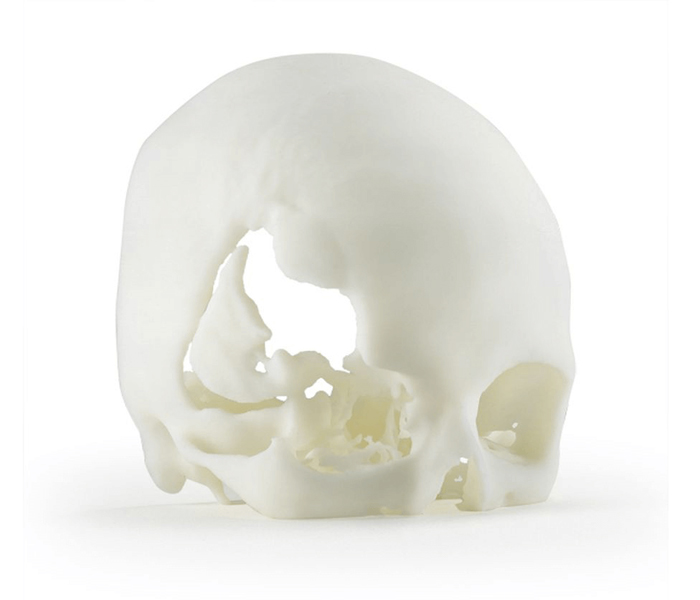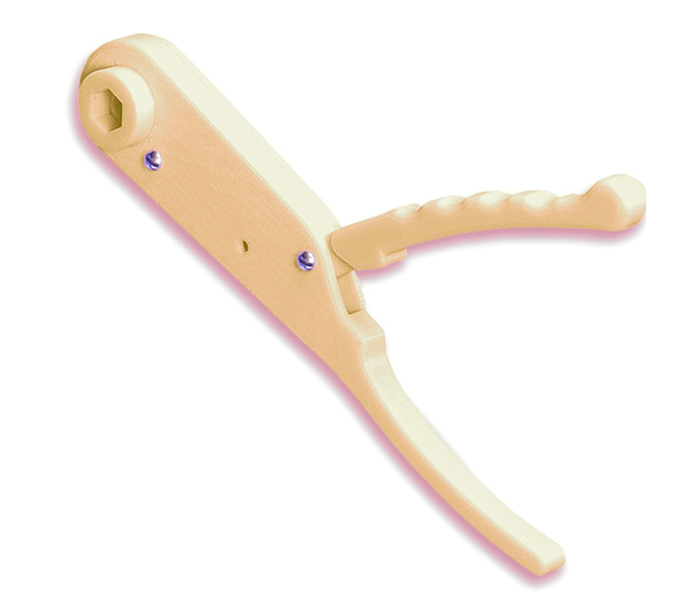ABS-M30i is a high-performance, biocompatible thermoplastic designed specifically for medical, pharmaceutical, and food-related applications.

| Property | ASTM | Metric Units |
|---|---|---|
| Tensile Strength | D638M | 36 MPa |
| Modulus of Elasticity, Youngs Modulus | D638M | 2,400 MPa |
| Elongation at Break (%) | D638M | 4% |
| Flexural Strength | D790M | 61 MPa |
| Flexural Modulus | D790M | 2,300 MPa |
| IZOD Impact (notched) | D256A | 139 J/m |
| Heat Deflection Temperature at .45 MPa/66 psi (°C) | D648 | 96 °C |
